Rheumatology Treatment At Yashoda Hospitals
At Yashoda Hospitals, Hyderabad, we provide world-class treatment to all our patients. We have a team of well-experienced doctors and surgeons who are extremely efficient at offering the right diagnosis, surgery – invasive as well as minimally-invasive, and various other types of treatments. The Institute of Rheumatology at Yashoda Hospitals, Hyderabad has the latest technology, highly skilled staff, and modern facilities to support the experts. Additionally, we also offer a wide variety of rheumatic treatments to the patients which has made us one of the best rheumatology treatment hospitals in Hyderabad.
Treatment for Arthritis And Other Rheumatic Diseases
The goal of treatment is to manage the condition by limiting pain and inflammation while also ensuring optimal joint function. Each treatment plan designed by the doctor is specifically tailored to the patient’s type of rheumatic disease, as well as the severity of their condition. However, treatment plans often involve both short-term and long-term relief approaches, and include the following:
Short-term management
- Medications: Short-term relief for pain and inflammation may include the administration of pain relievers as prescribed by the physician.
- Heat And Cold Therapy: Whether to use hot or cold applications on affected joints depends on the type of arthritic condition and the recommendation of the doctor. Pain relief may be obtained temporarily by using moist heat such as a warm bath or shower, or dry heat such as a heating pad on the joint. In other conditions, pain relief may also be obtained by applying an ice pack wrapped in a towel on the affected joint. Cold applications help in reducing swelling.
- Joint Immobilization: The use of a splint or brace can help stabilize a joint and protect it from further injury. Walking devices such as canes and crutches help in keeping stress off the affected joints.
- Massage: The light stroking or gentle massage of painful muscles may increase blood flow and bring warmth to the muscle.
Long-term management
- Medications: There are several types of medications that may be used for long-term management of pain such as nonsteroidal anti-inflammatory drugs, disease-modifying antirheumatic medications (DMARDs), corticosteroids, and biologics.
- Weight Reduction: Extra weight puts more pressure on weight-bearing joints, such as the hips and knees. Weight loss in overweight people has shown to reduce the chance of developing certain types of rheumatic conditions.
- Exercise: Certain exercises such as swimming, walking, low-impact aerobic exercise, and range-of-motion exercises may help in reducing joint pain and stiffness and stretching exercises help in keeping the joints flexible.
- Surgery: In severe cases of rheumatic conditions, surgery may be necessary to repair or replace a joint. There are two main types of surgery for rheumatic diseases:
- Joint Repair: Surgery to repair a damaged joint may include removing debris present in the joint, fusion of the bones, or correcting a bone deformity.
- Joint Replacement: When a joint is too damaged for repair, it may need to be replaced with an artificial joint. Joint replacement surgery has become one of the most important surgical treatments for arthritis.





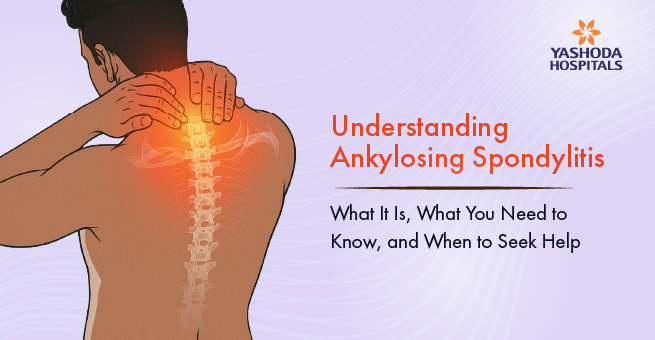
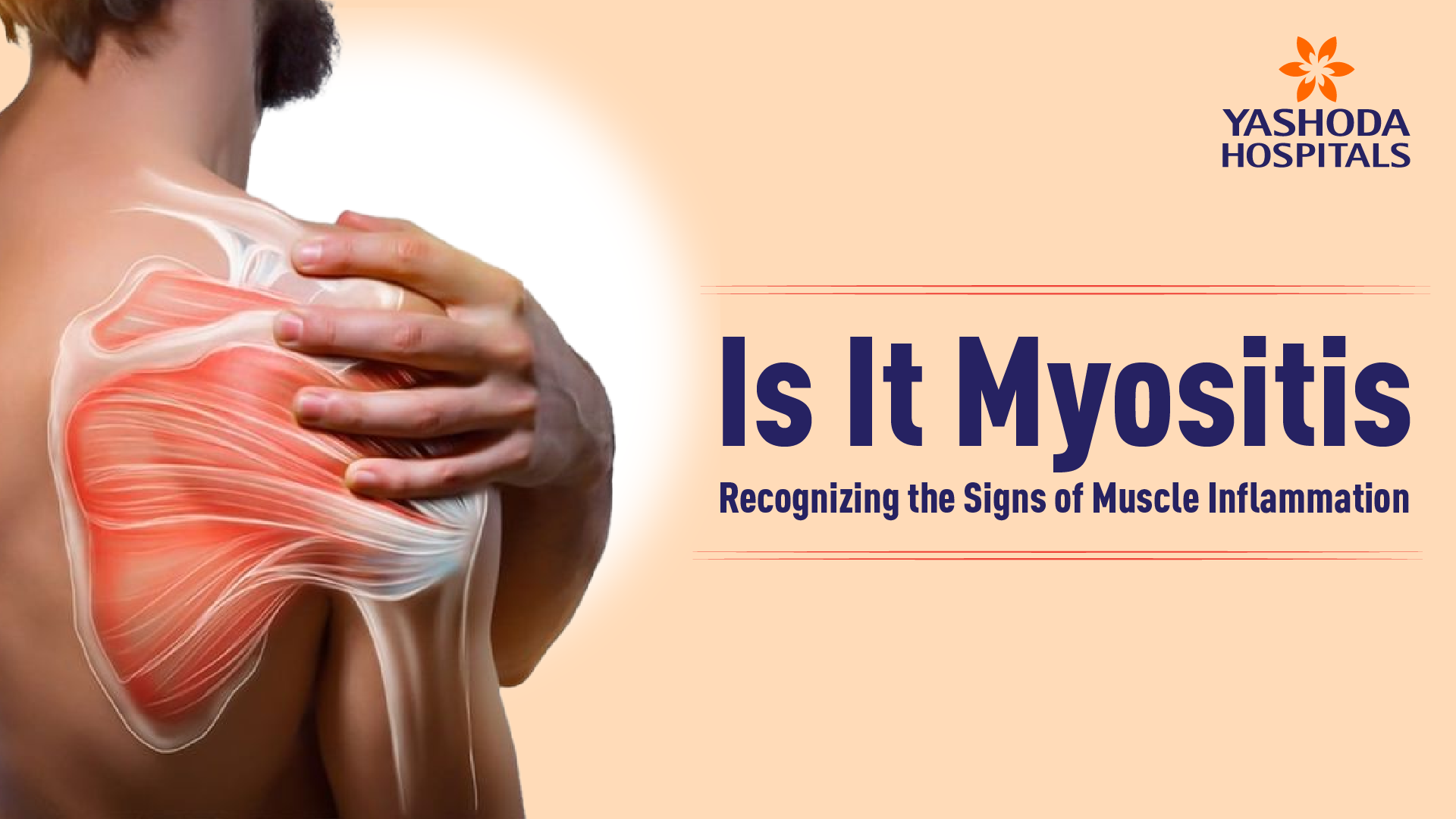
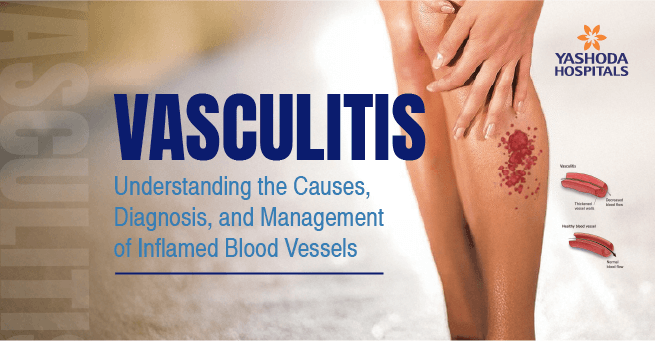

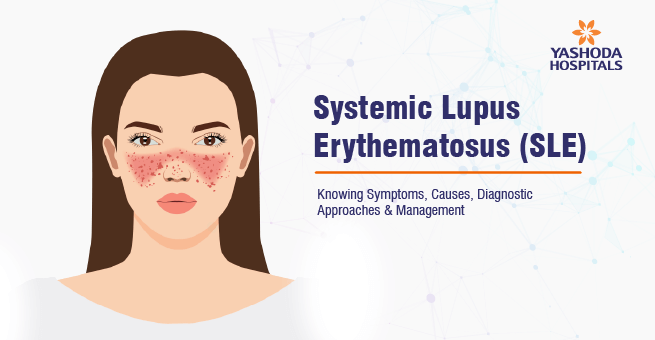


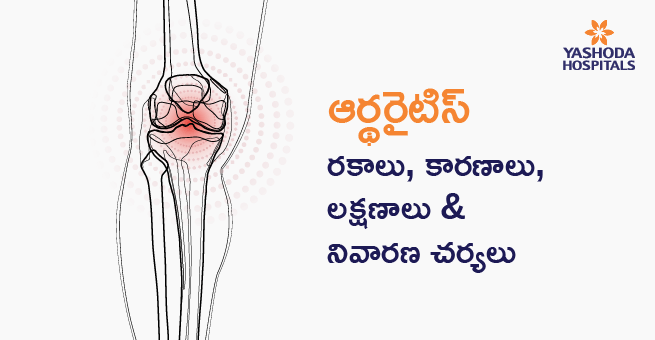
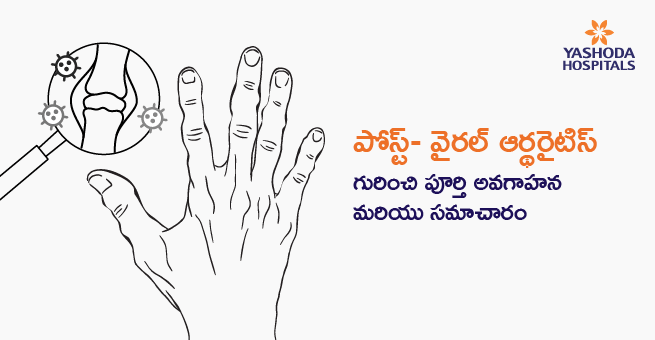

 Appointment
Appointment WhatsApp
WhatsApp Call
Call More
More